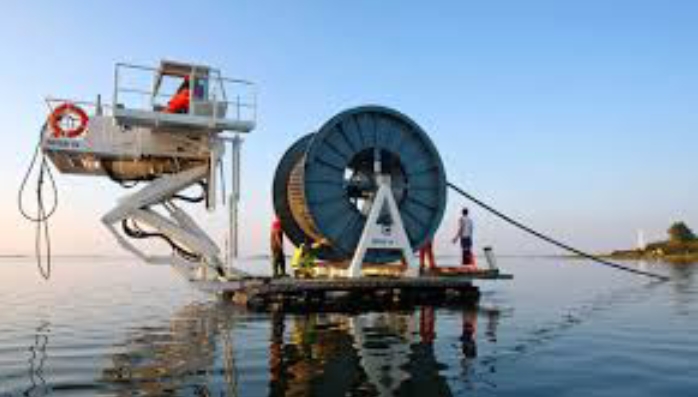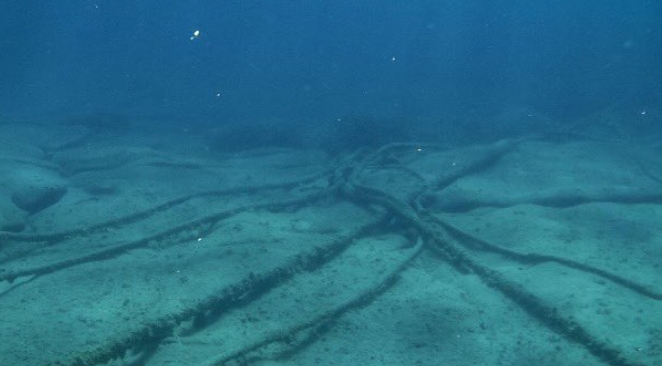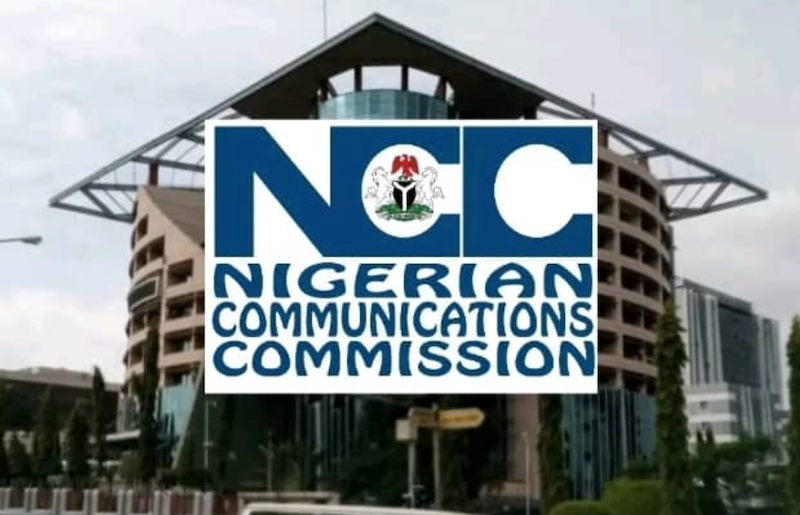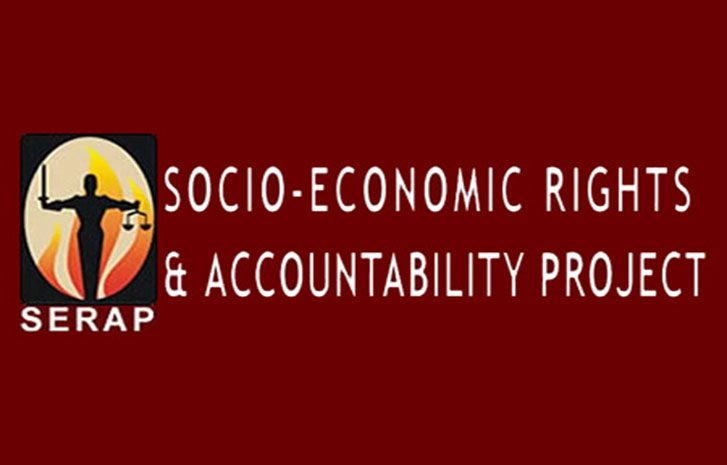The weather has been very hot in my part of the world. Those who know the signs and times of the season attribute it to global warming, warning ominously that the weather will get hotter. Really frightening, eh?
But last week the entire country got even hotter. It wasn’t because of the weather. No. The nation woke up to the very perplexing news that the Nigerian Electricity Regulatory Commission ( NERC) had bumped the cost of electricity consumption from N70 to N225 for every kilowatt per hour (KWh) for the hapless band A consumers. The band A consumers in their satanic mathematics enjoy light for as much as 20 hours a day.
Perplexing because in parts of Abuja which unfortunately falls under band A, there has hardly been electricity in this blazing weather. People wake up twice or thrice in the night to have a bath to save themselves from heatstroke.
The national grid has failed so regularly that such failure and abnormality don’t shock any more. The bizarre has become the new normal and people are beginning to feel that the lowest depth of existence is already here. With their recent increase, NERC has only plunged the nation to a new low.
Look at the metrics from the electricity regulatory agency. For a sector in private hands for over a decade, it has only 13.2 million customers out of which only about 5.8million are metred. The remaining numbers bear the uncertainties of estimated billing. It is relevant to add here that the product available for sale has hit a shameful low of less than 3000 megawatts for a population of about 230 million people. The market has constantly grown smaller and it seems the only way for the operators to make money after dubious subsidy withdrawal is to charge more for the little product in the market.
Between NERC and its industry stakeholders, including Transmission Company of Nigeria (TCN) and the power distribution companies (DisCos), there is a hackneyed narrative of the industry having an installed capacity of 13000 megawatts of which 5000 megawatts are generated, with less than 3000 actually getting into the market at the moment. There is no shame whatsoever that the industry is serving less than 14 million of our huge population. What happens to the rest?
A number of questions flood the mind here. What is the contract between NERC and the private operators in the power sector? What is the performance threshold given them? What really is the addressable market of the population of Nigeria and why has the market grown smaller over the years and yet such noticeable failure is rewarded with a stratospheric price increase? Will NERC be kind enough to give the nation an industry roadmap instead of this macabre dance on a spot?
Looking at happenings in the power sector last week, my mind went to the telecommunications sector which is regulated by the Nigerian Communications Commission (NCC). The sector remained in the ascendancy until the Buhari administration almost ruined it with shortsightedness and greed. Fortunately, the sector is getting its bounce back although problems remain.
However, the relationship between the telecoms regulator and the operators is well documented and communications can be put in the public domain, almost always. One of such communications is a November 24, 2023, letter to the Executive Vice Chairman of the NCC by the operators titled, State of the Nigerian Telecommunications – Repositioning the Industry for Sustainable Growth and Development. The letter detailed some of the challenges in the industry and proffered solutions to leading the industry back to sustainable growth.
Reading that letter shows the state of things in this nation and the need for the government to address some urgent concerns. When the letter was written, inflation was 27.33 per cent, it has jumped to 31.70 per cent. The Naira was trading for N777 to a Dollar, which value now stands at N1, 300, climbing from an all time high of N1, 850 to the Dollar, while Diesel which sold at N250 a litre now sells for N1500. These metrics equally affect telecom operators.
The industry also observed in the letter that the power sector had, since December 2022, been allowed an 18.5 percent increase in tariff plus other increases that were granted. Based on the foregoing and other reasons listed in the letter, the CEOs of the mobile companies appealed to the regulator to adopt a new regulatory approach that could enable them to increase tariffs without unnecessary hurdles.
I am sure the industry never contemplated a steep 231 percent increase in electricity tariff just like the rest of the nation was taken unaware and thrown into shock. It may not be outlandish to state that the happening in the power sector has ruined plans and projections in every sphere of life making response difficult.
So, how is the power sector regulated? We again draw some lessons from the telecoms sector where the relationship between the regulator and the industry is in the open and so are the industry metrics. No underhand dealings except where you have a naive regulator and an overbearing minister as was the case recently. But at the moment, both industry and regulator can speak to themselves and nobody is offended.
The mobile operators came into the industry when the sector had stagnated at 500,000 connected lines for decades. The operators were given a yearly obligation rollout of 100, 000 lines matched with infrastructure to support the lines because of the humble history of the industry. The operators surpassed the target almost immediately and built their infrastructure in the absence of support from former monopoly, NITEL. They have added so much value to the market that it is easy to point out how telecoms affect life in Nigeria and how it has provided a superstructure for other industries. From day one it was regulation in a winning way using global best practices.
Unlike NERC, the NCC cannot fix tariffs for operators, because like most other regulators in the world, it must operate within its own rules and regulations. The telecom regulator carries out a price determination, which sets a Price cap and a Price Floor. For over a decade, the Price Cap has remained at N50 – call tariffs must remain below N50 – while the Price Floor is N4 and above – this is the rate at which operators interconnect each other.
Two things however. One. There is so much suspicion within the industry and attrition amongst operators that nobody has been anxious to raise tariff. Competition dictates behaviour. For instance, a minute call on the platform of a major network is N14. Two. For an increase to happen, an operator will have to seek the regulatory approval of the NCC.
But this writer was reminded that in the final days of the previous administration, the NCC gave an approval which was flatly cancelled by former minister of Communications and Digital Economy, Dr Isa Pantami. An NCC source explained that the minister didn’t have the right to do so, wondering why the industry did not go to court to test the provision of the Nigerian Communications Act 2003.
Here is a story that some people within the NCC may not know. Under the last administration, the chief regulator was so inept and pliant that some of the operators preferred to deal with the minister directly instead of a regulator that couldn’t give them needed results. It wasn’t always the best decision, unfortunately.
Here is my final take. There is no need stating here that the telecommunications industry, like every other sector of the economy, is in trouble. This was profusely stated in that letter to the chief regulator. N200Bn owed operators by Financial Institutions (FIs) for Unstructured Supplementary Service Data (USSD), decline in industry investment (CAPEX), increase in operating cost (OPEX); and fibre cuts in different parts of the country and even international waters which directly affect quality of service; they obviously need help to survive the perilous times.
I am strongly of the opinion that the regulator should position itself to support the industry to enable the operators to continue to deliver quality services to their subscribers. But the operators must have to work together, speak with one voice as they did in that letter, to place their demands before the Commission.
This government must have to accept, at some point, that NERC and the entire power sector remain a blight in its concerted effort to address deep-seated dislocations within the nation’s economy. If they, at the level of underwhelming performance, could exercise the effrontery of tariff hike, the telecoms sector which has developed a capacity for growth, expanded investment ecosystem and ever expanding service provision, needs loads of support to connect us to ourselves and to the rest of the world. And above all, provide the needed services that sustain our economy.






